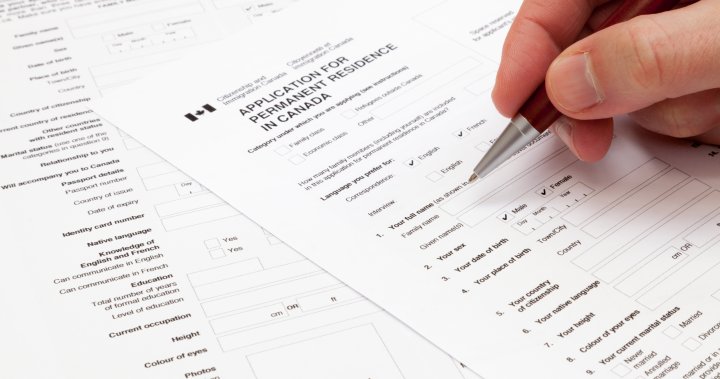
Canada bumping up fees for permanent residency. Here’s what to know
Global News
An IRCC fee change will take effect on April 30, meaning those hoping to become permanent residents in Canada thereafter will have to shell out a little more.
It will become a tad more expensive to move to Canada with permanent residency come May.
On April 5, the Immigration, Refugees and Citizenship Canada (IRCC) updated on their website that Canada was increasing fees for all permanent residence (PR) applications, including economic, permit holder, family and humanitarian classes.
The change will come into effect on April 30, meaning that those hoping to make the move to this country after that date will have to shell out extra for the process.
A permanent resident (PR) is someone who is not a Canadian citizen but has the right to live and work in this country without a deadline on their stay.
Such a person holds most of the same rights as a Canadian citizen — they receive many of the same social benefits, including becoming contributing members of the Canada Pension Plan and receiving coverage by their province or territory’s universal health care system.
What they do not enjoy, however, is the right to vote in Canadian elections. They cannot run for elected office at any level of government, either. Nor can they hold jobs in the public or private sector that require high-level security clearance — for matters related to national security. They are also not eligible to join the Canadian Armed Forces or the police.
To become a permanent resident of Canada, one needs to apply to IRCC under one of their several programs available for foreign nationals. The programs include Express Entry, Provincial Nominee Program and Quebec Skilled Workers, Atlantic Immigration Class, Economic Pilots, Live-in Caregiver Program and Caregivers Pilots, Business (Federal and Quebec), Family Reunification, Protected Persons, Humanitarian and Compassionate, among others.
The move to increase fees is not new.













